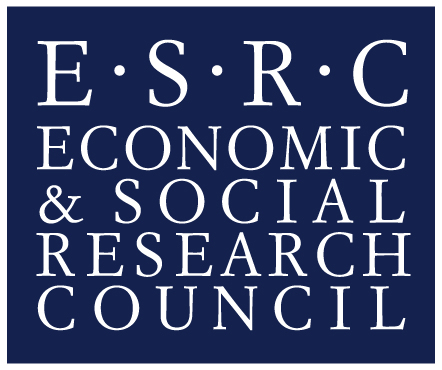Introduction
Introduction
South Africa continues to be a deeply unequal society with markedly different standards of living across population groups (or race) and spatially. The current evidence base concerning inequality in South Africa is relatively small, and says little about the changing geographies of inequalities, the associated impacts which are felt on the ground as individuals’ ‘lived experience’ of inequality, and consequences for the urban social fabric of the country. In this project quantitative and qualitative methods are combined to examine the interplay between urban spatial transformation and social attitudes towards inequality, attachment to place, and social inclusion. The first stages of this work entailed profiling the populations of small areas, mapping change in populations over these areas, and measuring spatial inequalities between neighbourhoods. The next stages of the research involved new primary data collection through a series of focus groups and through a new module of questions in the South African Social Attitudes Survey (SASAS). Finally, the quantitative measures of spatial inequality have been linked to the new quantitative data on attitudes to, and experiences of, inequalities in urban areas of South Africa.
The project is divided into four main themes:
1. Mapping the changing geographies of inequality across South Africa (quantitative)
2. Understanding where, when and how people experience inequality and how this affects their attachment to place and sense of inclusion (qualitative)
3. Surveying people’s experiences of inequality and their attitudes to inequality (quantitative)
4. Testing whether people’s attitudes to inequality are associated with their experiences of inequality using new/refined dependent and independent variables (quantitative).
The project builds upon an earlier ESRC Pathfinder project which was undertaken by members of the core research team: ‘The relationship between spatial inequality and attitudes to inequality in post-apartheid South Africa’; ref ES/I034889/1.
For more information, or for suggestions on additions to the outputs, please email Chris Lloyd: c.lloyd@qub.ac.uk
InequalitiesSA is funded by the Economic and Social Research Council (ESRC) under the ESRC-NRF Newton Call for Collaborative Research Urban Transformations in South Africa call (project ES/N014022/1) and this support is acknowledged gratefully.
The project is a collaborative undertaking between Queen's University Belfast, Southern African Social Policy Research Insights (SASPRI) and the Human Sciences Research Council (HSRC).




